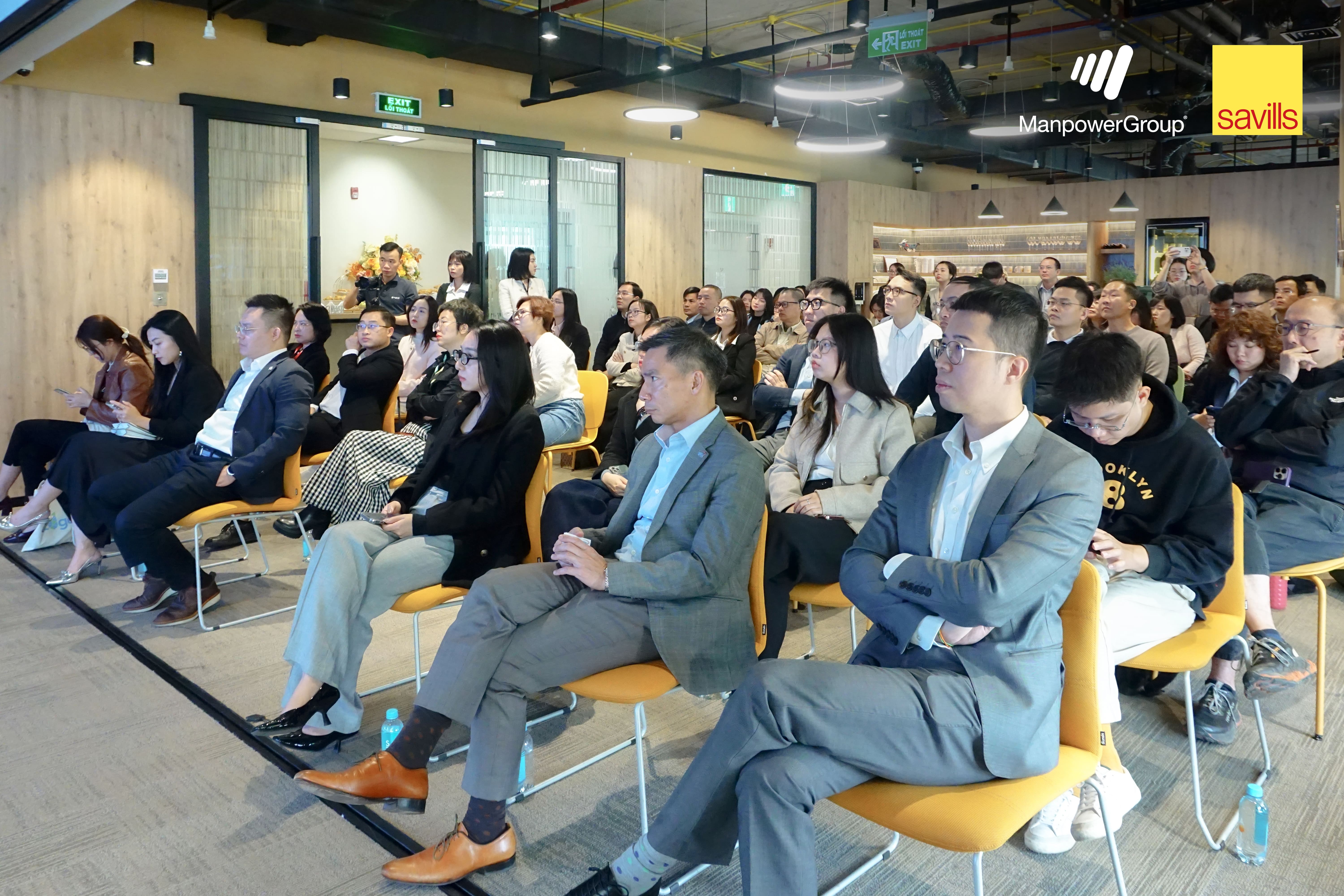As Vietnam accelerates its industrialization, it is betting big on sustainability, with artificial intelligence at the forefront of a transformation that promises to balance economic growth with ecological and social accountability. The shift is ambitious, but it’s also exposing a challenge: how can the workforce prepare for the demands of this high-tech, green future.
A Talent Crunch in the Age of AI
Across factory floors and corporate suites, the hunger for AI-savvy professionals is rising. The ManpowerGroup Vietnam Salary Guide 2025 ranks digital transformation roles among the most sought-after, as companies scramble for experts in automation, AI deployment, and supply chain optimization. It’s a local echo of a global surge - the World Economic Forum projects that AI will create up to 97 million new jobs worldwide by year’s end. In Vietnam, where industry is looking up to high-value production, the stakes are especially high.
Yet the transition is hitting snags. At the recent workshop, Vietnam's Industrial, Hoang Nguyen – National Sales Manager, ManpowerGroup Vietnam - highlighted the top three challenges when adopting AI in the APAC region are: high cost of investment (42%), lack of worker skills to use AI effectively (36%), and concerns about privacy and regulations (34%). For many, the uncertainty runs deeper – figuring out which jobs benefit from AI, or how to train staff to use it well, remains hard to pin down.
Workers feel the tension, too. The ManpowerGroup Employment Outlook Survey shows only 56% of APAC frontline and factory floor workers feel optimistic about AI’s impact, compared to senior leadership (69%), middle managers (68%), and office workers (68%). This gap highlights a bigger issue: proving to everyday workers that technology is a help, not a hurdle.
ESG Momentum meets a Skills Shortage
On top of this comes the growing momentum of Environmental, Social, and Governance (ESG) goals, a priority reshaping Vietnam’s industrial approach. But here, too, ability falls short. The ManpowerGroup’s Employment Outlook Survey finds a 91% of APAC employers lack the talent needed to hit ESG goals – a challenge that grows as sustainability becomes a business must-have.
The push isn’t just from within. Investors, with 75% now calling for ESG efforts, are paying close attention, looking past profits to a company’s impact on the planet and its people.
For the young, especially Gen Z workers in Vietnam, the issue hits home. Diversity, inclusiveness, and environmental care aren’t nice-to-have; they are deal-breakers. Companies that fall behind risk losing talent to rivals with stronger green credentials.
Key Takeaways for Employers
Reskilling & Upskilling
The strategy, Hoang said during the event, starts with people. He emphasized that businesses should focus on training and upskilling their current employees to bridge the gap and teaming workers with tech partners to master AI and use it for sustainable goals. With Vietnam moving from old-style manufacturing to modern industry, those who skill up now will stay ahead.
.jpg)
Future-ready Workforce
Tech skills aren’t enough. Knowing ESG, how to handle carbon footprints, social effects, and governance, is quickly becoming a job need. So is a workplace that lives those values. Building internal trust, promoting Diversity, Equity, Inclusion, and Belonging (DEIB), and offering supportive policies also play a key role in improving long-term retention. Flexible work options, used by 41% of APAC employers, and a serious focus on DEIB are keys to holding onto talent.
People Powering the Future of Work
Vietnam’s industrial future – smart, green, and ready to compete globally – won’t come from machines alone. It’s powered by people, from coders to line staff, who will shape its path. As businesses adopt AI and pursue ESG goals, the country’s businesses face a clear choice: invest in their workforce today or lose ground in a world that won’t wait.



